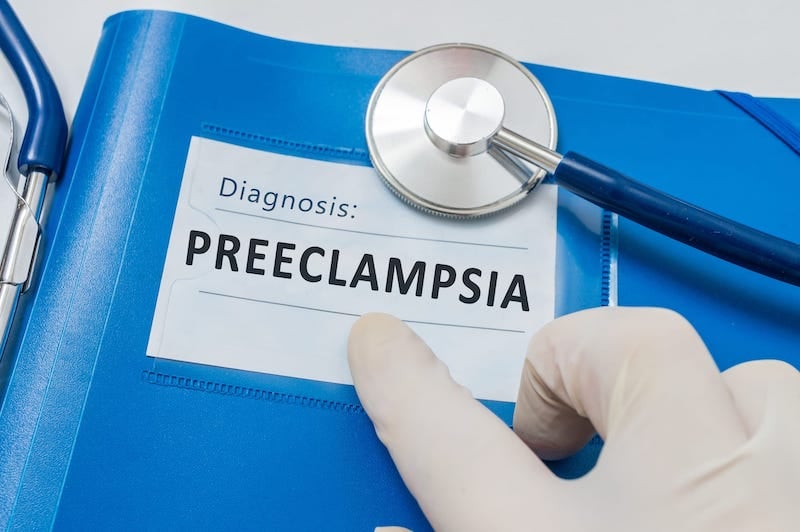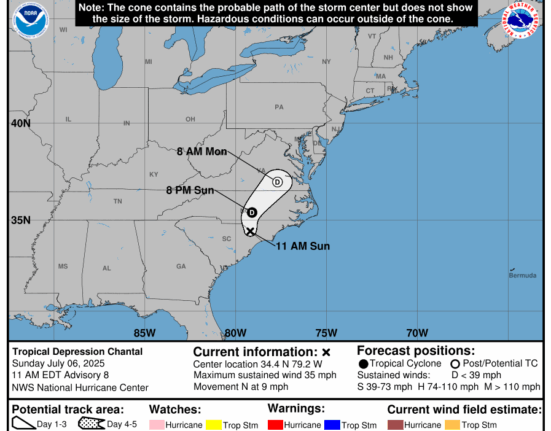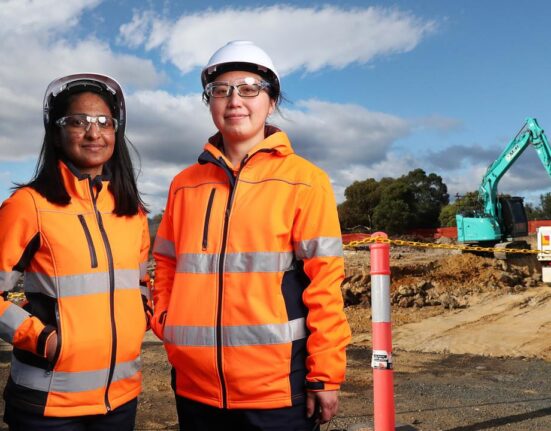Pregnancy is a transformative journey, but it comes with its own set of risks and challenges. One of these challenges is preeclampsia, a serious condition that affects around 2-8% of pregnancies globally. However, recent groundbreaking research has paved the way for a potential game-changer in prenatal care – a revolutionary preeclampsia screening test.
Imagine being able to detect both early-onset and term preeclampsia months before the conditions even develop. This isn’t science fiction; it’s the future of prenatal care. The innovative test involves a simple blood sample that can identify high-risk pregnancies with unprecedented accuracy and efficiency.
“At this point, we anticipate that cfRNA-based screening could become available in clinical practice within the next year,”
shared Dr. Tamara Garrido, a molecular biologist and senior principal investigator at the Carlos Simon Foundation. This breakthrough offers an
“unprecedented opportunity for early, non-invasive identification of high-risk pregnancies and timely intervention.”
The study behind this revolutionary test enrolled over 9000 pregnant women in Spain from September 2021 to June 2024. By collecting plasma samples at different stages of pregnancy, researchers were able to identify subtle molecular signals known as cfRNA “signatures
” originating from maternal tissues like the uterus and placenta months before preeclampsia developed.
Dr. Nerea Castillo Marco, postdoctoral researcher at iPremom and study author emphasized the significance of this early detection method: “
Identifying high-risk pregnancies this early opens a crucial window for preventive treatment and closer monitoring to protect mothers and babies.
”
Associate Professor Scott White highlighted the superiority of this new test compared to standard screening methods: “
The current testing that we do is good, but it sounds like this one is probably going to have a lower false positive rate.
” The implications are profound; accurate detection means timely interventions such as starting low-dose aspirin to prevent preeclampsia.
Moreover, the research sheds light on the underlying mechanisms of preeclampsia. It suggests that uterine dysfunction plays a pivotal role in early-onset preeclampsia while late-onset cases exhibit distinct patterns related to immune and hepatic pathways.
Professor White noted how this advancement could benefit women in rural areas: “
Knowing they’re likely to need more care would give them the opportunity to make alternate arrangements ahead of time.” The predictive nature of this test not only identifies those at risk but also rules out individuals who won’t develop preeclampsia, easing unnecessary anxiety.
This breakthrough doesn’t just improve diagnostics; it opens doors for further research into treatments targeting these specific biological pathways associated with different forms of preeclampsia. Moreover, it underscores the importance of clinician education in managing preeclampsia effectively.
In conclusion, as we stand on the brink of a healthcare revolution in prenatal care with advanced screening technologies like cfRNA-based tests, one thing is clear – early detection saves lives. With every drop of blood analyzed comes hope for healthier pregnancies and brighter futures for mothers and their precious little ones.









Leave feedback about this